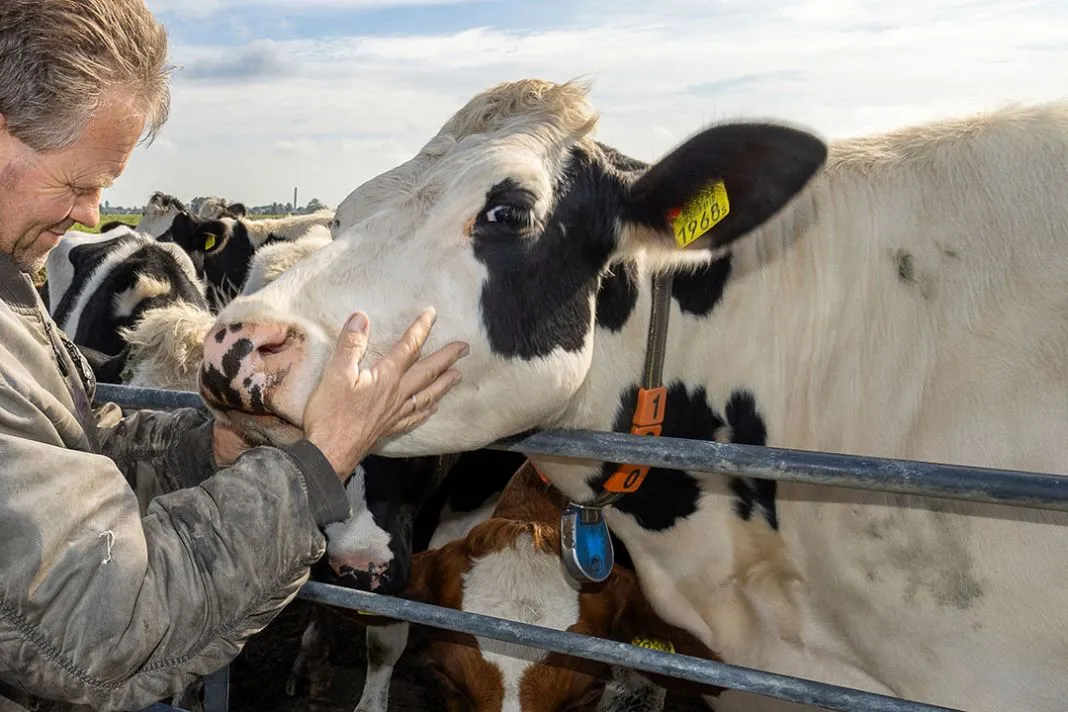It is especially sheep and cattle that become contaminated with the so-called bluetongue disease hits. But llamas, alpacas, goats, and wild ruminants can even become infected. The BTV-3 virus has been circulating in Central Europe since the autumn of last year. After Lower Saxony, North Rhine-Westphalia, Hesse, Bremen, and Rhineland-Palatinate, analyses by the Friedrich Loeffler Institute have demonstrated that the preferable cases have now even been written in Schleswig-Holstein. The Ministry of Agriculture highlights that there is no hazard to humans – the consumption of dairy and meat products stays safe.
Serious Consequences to Animal Owners
But the emergence of the condition has far-reaching effects for animal proprietors in Schleswig-Holstein: the transportation of exposed animals like cattle and sheep to different EU nations or to national circumstances in which the pathogen has not yet been noticed is now harshly restricted.
The Ministry of Agriculture for State Secretary, Anne Benett-Sturies, notices a “substantial economic effect” on the companies. Practical breeding animals can no extended be shipped, said the State Secretary in a discussion with NDR Schleswig-Holstein.
State and Farmers’ Association Recommends Vaccination – Bluetongue Disease Hits
Benett-Sturies demands livestock owners carefully observe their stocks and have their animals immunized. “This is the best practical protection against the opening of bluetongue infection into livestock,” states Benett-Sturies. Although vaccination does not discourage animals from becoming infected, it does decrease or contain clinical symptoms and the number of deaths in animals. The state management supports livestock ranches in vaccinating.
The Schleswig-Holstein Farmers’ Association also highlights the significance of vaccination. “The most suitable defense for all farms is actually if they attempt to vaccinate all their creatures as quickly as feasible,” said Claas Petersen, the company’s milk officer.
Farmers’ Fears for the Spread of The Disease
The Farmers’ Association states it has been discussed for some time that the condition is circulating in Schleswig-Holstein. And things could fetch even worse, Petersen resumed: “But we have to guess that there may be other places in which these conditions will also be caught in the subsequent few days.”
There are more than 6,600 cattle farmsteads and 920 sheep ranches in Schleswig-Holstein according to the According to the Farmers’ Association. The farmers are warn about the same. Petersen questions that many of them now worry about financial failures due to the vehicle restrictions.
Owners to Inform About Abnormalities Found
If pet proprietors observe the followership in their creatures, they should have it inspected by a veterinarian and report to their regional veterinary office:
- Fever
- Loss of appetite
- Milk decline
- disturbed general well-being
- reddened mucous membranes
- salivation
- Swelling of the head, tongue and lips
- Inflammation of the udder or hoof skin
- increased deaths
The Ministry of Agriculture has developed a citizens’ hotline to respond to questions regarding bluetongue disease.






